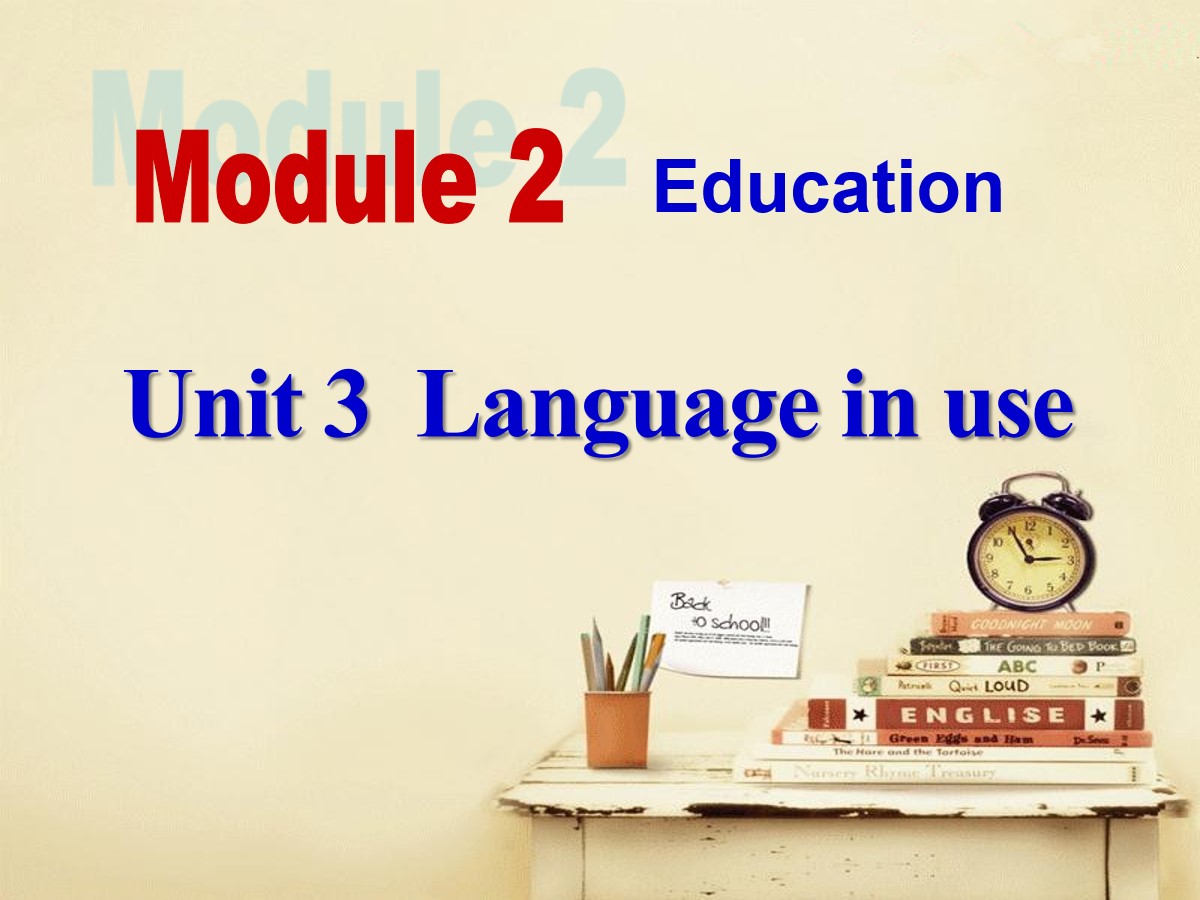《You must be careful of falling stones》Rules and suggestions PPT课件
![]() 0
0
 《You must be careful of falling stones》Rules and suggestions PPT课件
《You must be careful of falling stones》Rules and suggestions PPT课件
Discussion
1. Do you like traveling? Do you want to visit these places?
2. Why do you want to travel?
Listen and answer the questions.
①When is Betty leaving for the trip?
Betty is leaving tomorrow morning.
②What is Mr. Jackson going to tell the students?
Mr. Jackson is going to tell them about personal safety.
③ What does Betty’s mum suggest Betty should not do?
Betty’s mum suggests she should not drink the water from a stream or walk too close to the sides of the hill path.
④ Does Betty think the trip will be dangerous?
No, she doesn’t. She thinks there is nothing to worry about.
... ... ...
Read the conversation and choose the best answer.
1. Mr. Jackson gives a lot of rules and suggestions, so he probably ______.
a) is happy about walking in the hills
b) has never been to the hills
c) has a lot of experience of walking in the hills
2. The children might hurt themselves if they ________.
a) walk along the edge of the hill path
b) wear proper clothes
c) drink all the water before lunch
3. Before they have lunch, they __________.
a) have to get up to the top
b) can have something to eat
c) can go rock climbing
... ... ...
Read again and do true or false.
1. It is probably to hurt yourselves if you walk along the edge of the hill path.
2. You can go alone sometimes if you like.
3. Whenever you need, you can eat food to keep energy.
4. You have to save some water for the remained path.
5. Before they get up to the top, they should cross a stream.
... ... ...
Complete the passage with the correct form of the words in the box.
smooth stone straight thick whenever
________ you walk in the hills, you must wear strong shoes and _________ socks. The walk may be fairly __________ at the start because the path is __________ , but later it may get difficult. You should also be careful of __________ falling from above.
Everyday English
Read and make a dialogue with each one.
Please pay attention for a moment!
I’m starving!
1) Please pay attention for a moment! I'll tell you what happened to your car.
2) A: Mom, I'm starving!
B: Here are some biscuits. Why are you back so early today?
... ... ...
连读是什么?
连读就是前一个单词的尾音,与后一个单词的首音,紧密连接在一起而形成的读音。连读时的音节一般不重读,只需一带而过即可。主要分为以下几种形式:
1.相邻的两个词,前者以辅音音素结尾,后者以元音音素开头,这样需要连读。如:read it /ri:dit/, check it out
2.相邻的两个词,前者以r或re结尾,而后者以元音音素开头,则r或re发/r/,并与后面的单词产生连读。如:
a pair of shoes here and there。
3.相邻的两个词,前者以辅音音素结尾,而后者则是半元音,特别是/j/开头,这样需要连读。如:
Thank you Would you …
4.相邻的两个词,前者以元音音素结尾,后者也以元音音素开头,这样需要连读。如:too easy
5.当英语中的6个爆破音(/p/ /b/ /d/ /t/ /g/ /k/)中的任何两个相邻时要连读,前者发不完全爆破音,而后者则需要完全爆破。如:ho(t)day, chea(p) book
... ... ...
Read the three sentences one by one.
1. He is a student.
(is与a要连读)
2. That is a right answer.
(That与is, is和a, right和answer都可以连读)
3. I'll be back in half an hour.
(back和in, half和an, an与hour都可以连读)
4. He has a bad cold today.
He has a ba(d) col(d) today.
Pronunciation and speaking
Read and predict how the speaker is likely to link the words.
Whenever you go walking in the hills, you should always wear proper clothes. Now, you mustn’t walk too close to the edge of the hill path because you might fall and hurt yourselves.
Now listen and check.
... ... ...
Language points
1. Ok, please pay attention for a moment!
attention n. 注意
You should focus your attention on your work.
你应该把注意力放到工作上。
She gave her aging parents much attention.
她悉心照料年迈的双亲。
pay attention 注意; 集中注意力
Pay attention when I'm talking to you!
我跟你说话的时候,你要留心听!
pay attention to 注意…; 留意…
I hope you will pay attention to this problem.
希望你对此给予关注。
这里的to是介词, 后面只能接名词、代词或动名词。
... ... ...
2. Before we set off, there are …
set off = set out 出发、动身
后面跟介词for短语, 也可接不定式, 表示 “动身去某地” 。
The next day Holmes set off / out for the place where the lady lived.
They set out / off to look for the lost child.
也可表示 “打算、准备 (做某事)” , 后面常接不定式。
He set out / off to break the world record.
... ... ...
3. Whenever you go walking in the hills …
whenever引导时间状语从句,表示“每当”“一……就”, whenever 可以用 every time 来代替。与when用法相似,但语气更强。
The roof leaks whenever it rains.
这屋顶一下雨就漏。
I go to the theatre whenever I get the chance.
一有机会我就去看戏。
(2014 成都中考) ________ I am in trouble, my classmates will help me out.
A. Before B. Whenever C. Although
Kate's dad is getting old. She will go back home to see him ________ it is convenient.
A. because B. whenever
C. although D. unless
... ... ...
10. It should be a fairly smooth walk to …
fairly adv. 相当;还算
It's fairly hot today.
今天相当热。
This is a fairly easy book.
这是一本相当容易的书。
fairly, quite的共同意思是“相当”,其区别是:
fairly所表示的程度轻, 可以理解为“还算, 还说得过去”, 经常与褒义词连用。例如:
He is a fairly good player.
他是个还算不错的运动员。
quite所表示的程度比fairly稍重, 可理解为“十分, 相当”。例如:
The film is quite nice.
这部影片相当不错。
... ... ...
1. Every school has its r______.
2. Can you give me some s__________ on how to learn English well?
3. I’m s________. Bring me some food in a hurry.
4. Come on! I’ll l_____ the way.
5. Make c______ what you should do and what you shouldn’t.
《You must be careful of falling stones》Rules and suggestions PPT课件3 Words review set off 动身;出发 sock n. 短袜 whenever conj. 每当;无论什么时候 proper adj. 合适的..
《You must be careful of falling stones》Rules and suggestions PPT课件2 Language goals To understand conversations of talking about rules and giving suggestions. To use m..
















 关于我们
关于我们 备案号:冀ICP备18037400号-20
备案号:冀ICP备18037400号-20